RECOMMENDED NEWS

That moment when I told ChatGPT it needed a history lesson, and it agreed with me
I had an experience this week which forcefully reminded me that ChatGPT and Google’s Gemini were g...
Read More →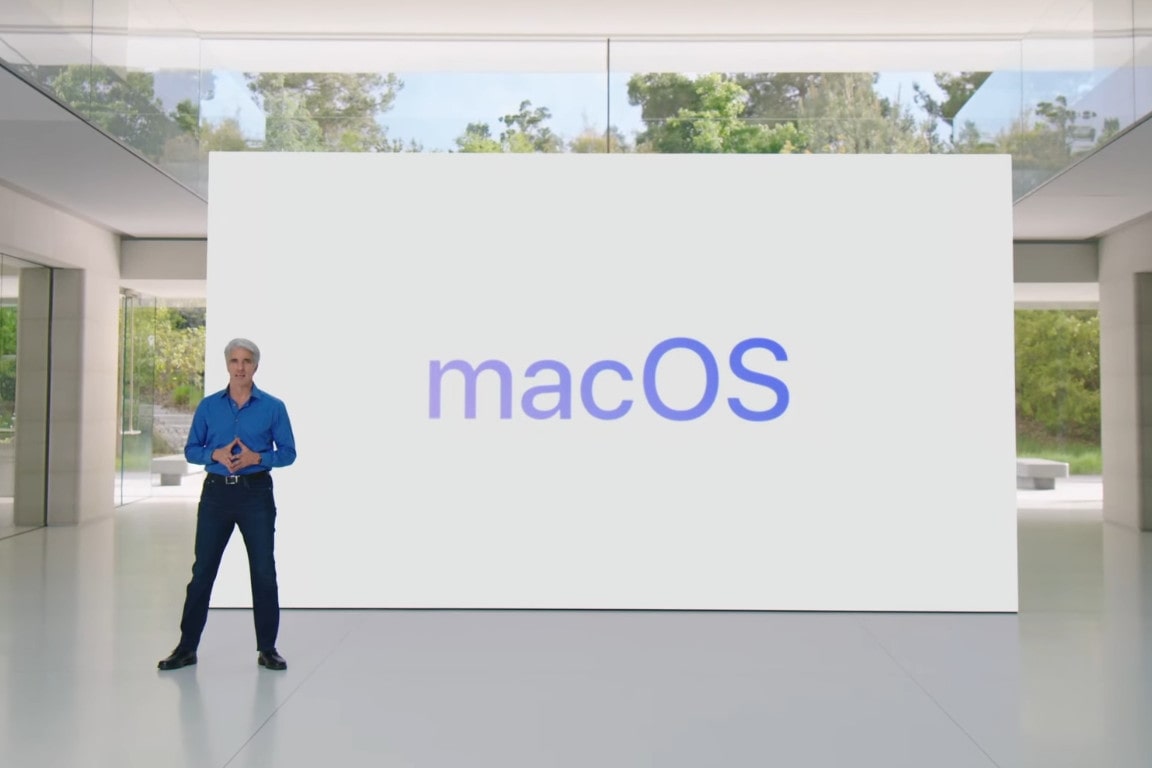
WWDC 2025 could be the least exciting Apple event in years — and I think that’s a good thing
Apple WWDC This story is part of our complete Apple WWDC covera...
Read More →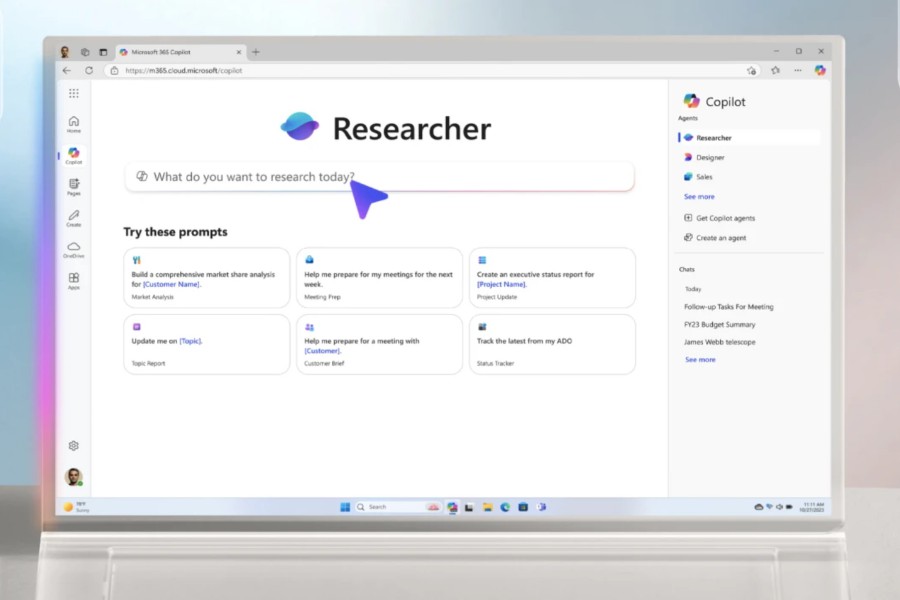
Microsoft 365 Copilot gets an AI Researcher that everyone will love
Microsoft is late to the party, but it is finally bringing a deep research tool of its own to the Mi...
Read More →
‘Princess Mononoke’s U.S. distributer touts box office success ‘in a time when technology tries to replicate humanity’
More than 25 years after its original release, Hayao Miyazaki’s action epic Princess Mononoke is...
Read More →Google is giving free access to two of Gemini’s best AI features
Google’s Gemini AI has steadily made its way to the best of its software suite, from native Androi...
Read More →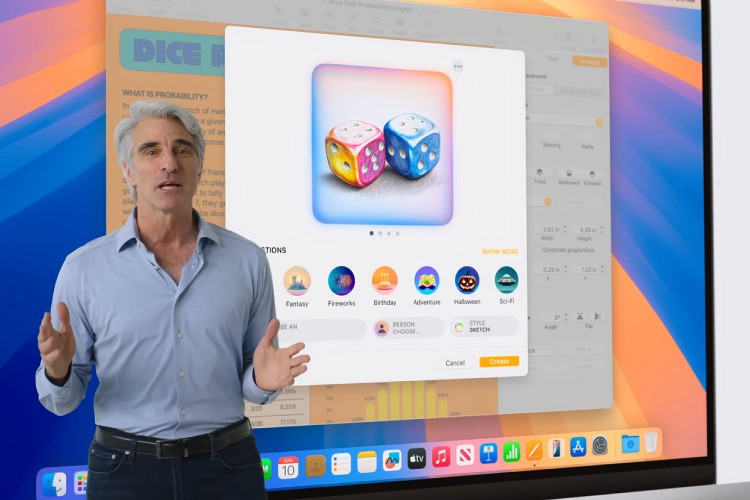
Apple’s hardware can dominate in AI — so why is Siri struggling so much?
Over the past year or so, a strange contradiction has emerged in the world of Apple: the company mak...
Read More →
xAI’s Grok-3 is free for a short time. I tried it, and I’m impressed
xAI launched its Grok-3 AI chatbot merely a few days ago, but locked it behind a paywall worth $40 p...
Read More →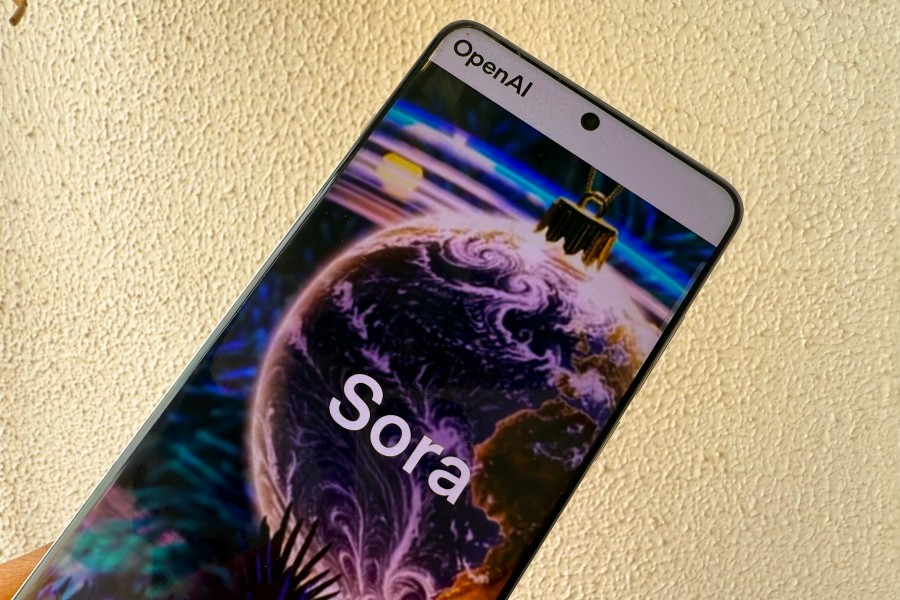
ChatGPT app could soon generate AI videos with Sora
OpenAI released its Sora text-to-video generation tool late in 2024, and expanded it to the European...
Read More →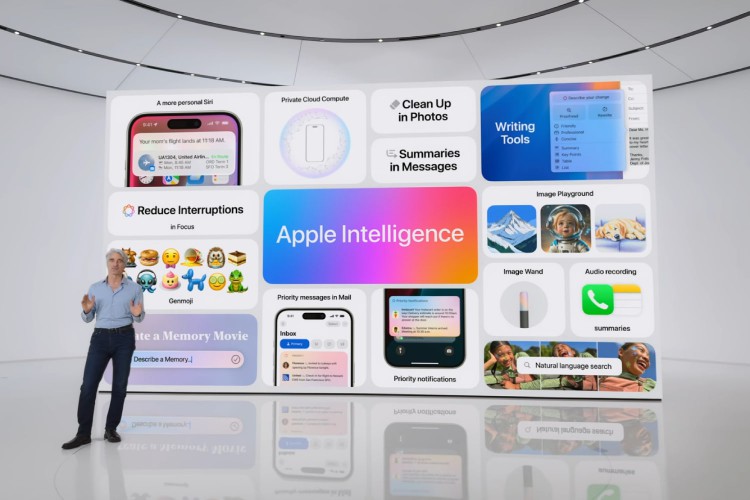
My dream AI MacBook may be delayed until 2027 thanks to Apple Intelligence
Artificial intelligence (AI) is experiencing explosive growth at the moment, with everyone in the te...
Read More →
Comments on "Your politeness toward ChatGPT is increasing OpenAI’s energy costs " :